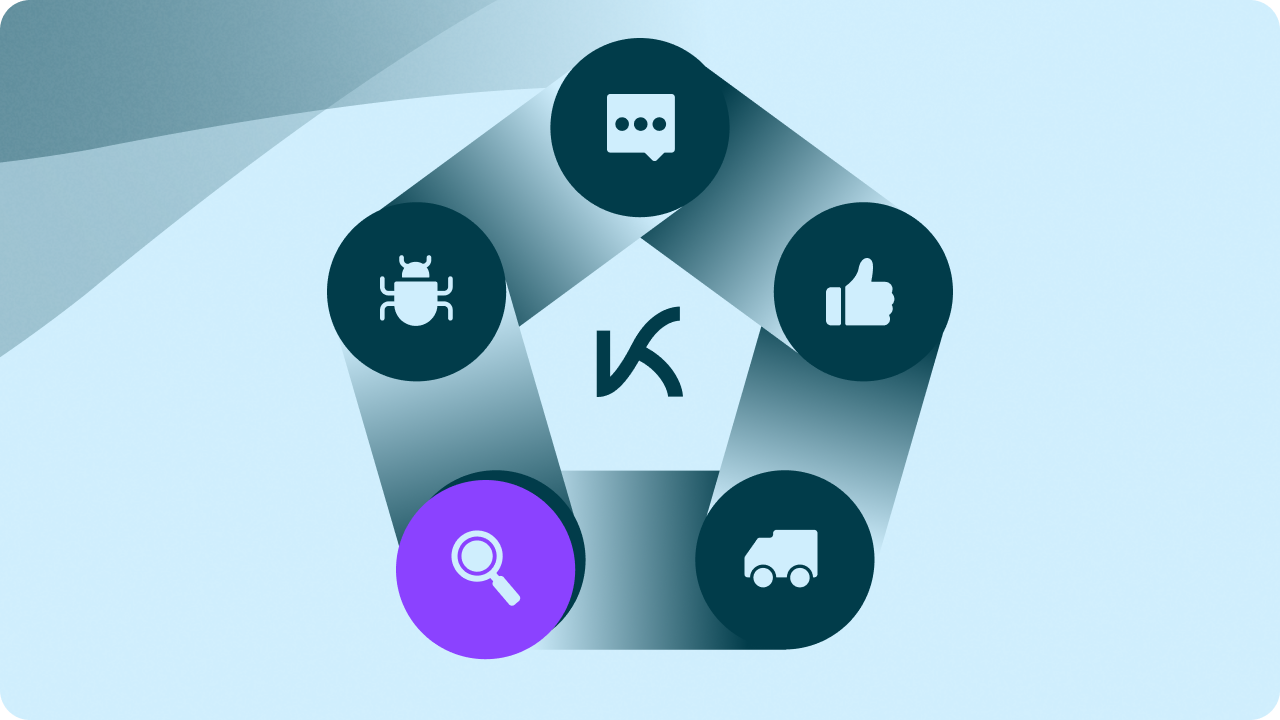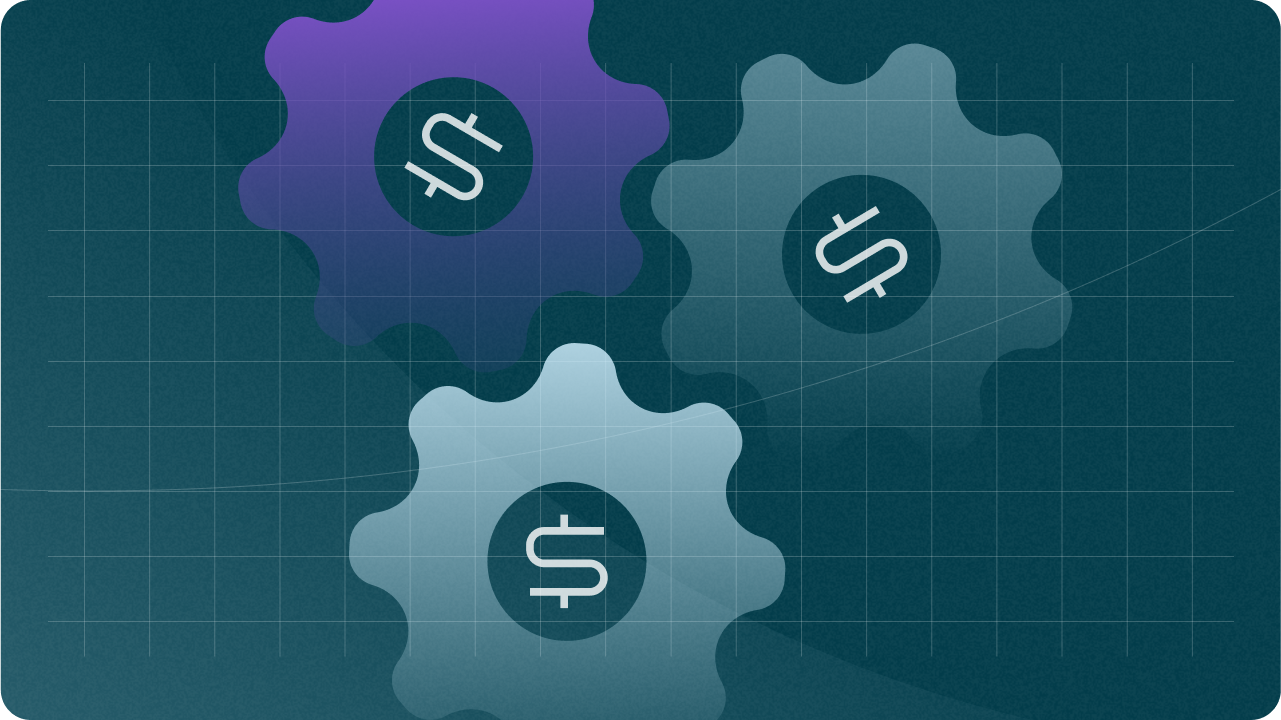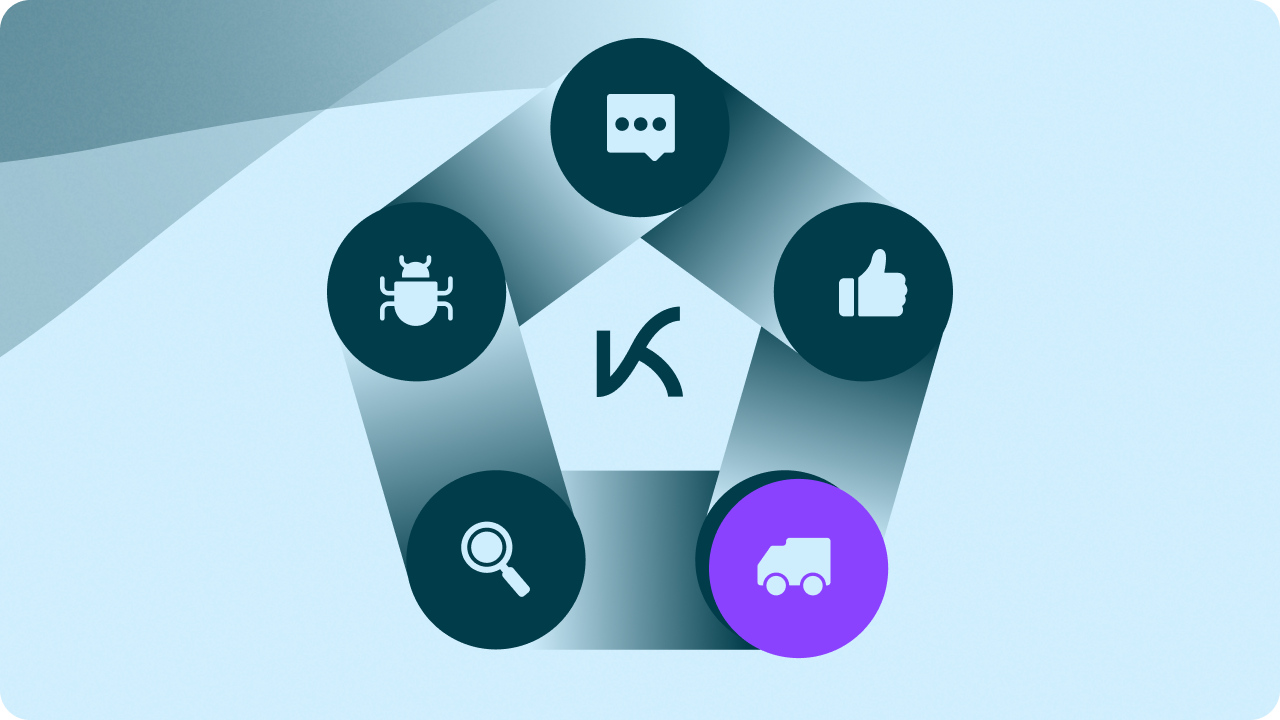
It’s not easy to find an automation solution that will streamline operations and empower your workforce without sacrificing efficiency, oversight, and budget. But Kognitos does just that. It’s a game-changer for businesses looking to transcend the limitations of traditional Robotic Process Automation (RPA) technologies. This blog delves into the transformative experiences of three key business functions—IT Staff, Business Process Experts, and Business Staff—when they choose Kognitos over conventional RPA solutions.
The IT Staff’s New Dawn
Before Kognitos
- Tasked with Automation: IT teams are burdened with automating a vast array of ever-changing business processes. Due to the evolving nature of business requirements, they face a long backlog of essential yet overwhelming automation tasks.
- Budget Constraints: Despite the large volume of work, IT departments often work under tight budget constraints, limiting the resources available for tackling the automation backlog effectively.
- Limited Tools: The tools traditionally available for automation, such as RPA technologies (e.g., UiPath, Automation Anywhere, Power Automate, and Blue Prism), are around two decades old. They do not fully accommodate modern business processes’ dynamic and evolving nature, leading to inefficiencies and inadequacies in automation efforts.
- Maintenance Challenges: Initial automation efforts can be successful for straightforward, ‘happy path’ processes. However, maintaining and updating this automation to handle edge cases and unforeseen scenarios becomes a significant challenge. IT staff often revisit and revise automation to incorporate new logic as real-life exceptions and variations emerge, leading to a negative ROI on many automation projects.
- Resource Intensive: Creating Centers of Excellence and engaging in citizen development projects were strategies to address these challenges, but they often fell short due to resource limitations and the necessity of maintaining strict governance and security standards in automation efforts.
After Kognitos
- Focus on Security and Governance: With Kognitos, IT’s role can re-focus on security and governance. They establish initial connections between the Kognitos platform and the business’s core systems (CRM, ERP, productivity tools) and then empower business process experts to define and document new processes.
- Rapid Implementation: Introducing business processes into production is significantly faster with Kognitos compared to traditional RPA systems. This is because Kognitos does not require extensive process mining or discovery before implementation, lowering the time to value for automated processes.
- Handling Edge Cases: Unforeseen edge cases do not burden the IT department as they once did. Instead, business staff, who are already familiar with manual process handling, can manage these scenarios directly within the Kognitos platform. This approach allows IT to concentrate on ensuring the secure and effective use of technological tools rather than perfecting the nuances of business process logic.
- Decreased IT Burden: The overall burden on IT is significantly reduced. They no longer face the pressure to make automation perfect, which is a daunting task in a rapidly evolving business context. Automation becomes more collaborative and adaptive to changes, with humans efficiently handling exceptions and edge cases through a system designed in natural language.
- Increased Business Satisfaction: There is a noticeable increase in satisfaction levels across the business as automation can be implemented more broadly and efficiently. Business staff become empowered to contribute more significantly, elevating their roles by handling complex cases and improving the day-to-day business operations without the fear of automation rendering them redundant.
Kognitos can reduce a feeling of overwhelm resulting from an ever-growing backlog of complex and often inadequately automated processes to a more strategic, governance-focused role that facilitates faster, more flexible, and human-centric automation strategies. This alleviates the IT department’s burden and enhances the overall efficiency and adaptability of business operations.
The Business Process Expert’s Revolution
Before Kognitos
- High Pressure: Business process experts are under considerable stress to document business processes in extreme detail. They are expected to foresee all possible scenarios that could occur, which is an almost impossible task. This expectation sets a high bar for accuracy and comprehensiveness in documenting processes for RPA implementations.
- Involvement in Implementation: They often find themselves deeply involved in the implementation phase, working closely with IT and RPA developers. This involvement means they must be ready to troubleshoot, sometimes even during off hours, to address any blocks or exceptions that halt the automation.
- Constant Revisions: Due to the complexity and variability of business processes, business process experts frequently encounter situations where the initial process documentation is not comprehensive enough, leading to the need for continuous revisions and updates. This cycle can be frustrating and time-consuming.
- Relying on Process Discovery and Mining Tools: To comprehend the full scope of how processes are executed manually, experts often resort to using process discovery and mining tools. These tools, while helpful, can delay the start of automation and add upfront costs, potentially affecting the ROI of automation projects.
After Kognitos
- Focus on Standard Operating Procedures: With Kognitos, business process experts can concentrate primarily on documenting the standard operating procedure or ‘happy path’ of business processes. From the start, there’s less pressure to foresee and document every possible scenario or edge case.
- Empowered to Unblock Processes: The platform’s capability to involve the business staff or the process expert directly when there’s a deviation from the documented process reduces the need for constant IT or developer intervention. Kognitos operates in natural language, which simplifies the unblocking of processes by business process experts or staff directly.
- Learning and Adaptation: Kognitos offers a unique feature where the platform can learn from the actions taken by business staff or experts when they address unforeseen scenarios or edge cases. This adaptive learning process eliminates the need for repeated manual updates or revisions to the automation scripts.
- Enhanced Monitoring and Improvement: Experts have the ability to monitor the execution of business processes closely and identify deviations from the standard procedures. This insight allows them to make informed decisions on whether process modifications are necessary or if changes upstream in the business operation will prevent deviations. It enables a more strategic approach to process improvement.
- Natural Language Editing and Debugging: The platform’s use of natural language significantly simplifies the debugging and editing of process automation for business process experts. They can now focus on truly improving the business processes and their efficiencies rather than being bogged down by the technicalities of automation tools. This shift enables them to contribute more strategically to the business’s operational excellence.
In essence, the life of a business process expert transitions from a high-pressure role, where every detail and possible scenario must be anticipated and documented, to a more strategic and manageable position. With Kognitos, they focus on defining best practices and standard procedures, leaving the handling of exceptions and edge cases to a combination of the platform’s intelligence and the operational knowledge of the business staff. This change reduces stress and workload and enhances the expert’s capacity to contribute to meaningful business improvements and focus on process reengineering as well.
The Business Staff’s Empowerment
Before Kognitos
- Fear of Redundancy: Business staff often approached automation projects, especially those involving RPA, with a sense of trepidation. There was a common fear that successful automation would render their roles obsolete, potentially leading to job losses. This fear could impact morale and the willingness of staff to fully engage with automation initiatives.
- Difficulty in Articulation: Explaining the nuances of their day-to-day tasks to IT staff posed a significant challenge. Much like the difficulty in verbally describing the process of tying shoelaces—a task that’s intuitive to perform but complex to describe—business staff found it hard to convey the intricate details of their work processes in an easily automated way.
- Miscommunication and Frustration: Even when business staff were able to articulate their processes, there was a risk of being told they were performing tasks incorrectly or that the information they provided was incomplete. This scenario created a sense of unease and potential blame, which was neither conducive to open communication nor positive towards the overall automation effort.
After Kognitos
- Empowerment and Value Addition: With the deployment of Kognitos, the business staff’s role in automation shifted significantly. They are now seen more as essential co-pilots rather than passengers or redundant components within the business process automation journey. The platform’s reliance on natural language processing allows them to contribute effectively to handling complex cases and exceptions, leveraging their intuitive understanding of the business processes without the need for technical coding skills.
- Evolution of Responsibilities: As Kognitos takes over the routine, ‘easy-to-automate’ tasks, business staff find their roles evolving. They begin to focus more on handling complex, unusual, or high-value tasks that require human intuition, judgment, and decision-making skills. This shift elevates their importance as they oversee and ensure the quality and integrity of the automated processes, thereby securing their positions by adding more strategic value.
- Continuous Learning and Improvement: Since Kognitos can learn from the interventions made by business staff on handling edge cases, staff find themselves playing a crucial role in teaching and refining the system. This ongoing interaction with the platform enhances the automation’s effectiveness and fosters a sense of ownership and pride among the staff as they see the direct impact of their knowledge and expertise in improving operational efficiencies.
- Reduced Fear and Increased Contribution: Introducing Kognitos alleviates fears of redundancy by showcasing the indispensable role of human judgment and intervention in automation. Business staff recognize that their unique insights and expertise are vital for handling complex issues that automation alone cannot solve. Their contribution to the business becomes not just valued but essential, transforming their roles from purely operational to strategic.
- Collaboration and Innovation: As part of the new automation ecosystem powered by Kognitos, business staff are encouraged to collaborate closely with IT and business process experts. This collaborative environment fosters innovation, with staff members contributing ideas for process improvements and refinements based on their intimate knowledge of the business operations and customer needs.
Transitioning to Kognitos has the potential to reduce apprehension regarding job security and the challenges of articulating complex processes. Their position transitions into a more empowered and value-added role. They become integral to the automation process, their expertise is further leveraged for complex decision-making, and their contributions are recognized as essential to the organization’s success.
Business Process Automation is Already Changing
The introduction of agentic AI into both nascent technologies and traditional RPA is a leading indicator that there is already a significant shift in how the market approaches process automation. By empowering IT staff, business process experts, and business staff, Kognitos streamlines operations and fosters a culture of collaboration and innovation.

Discover the Power of Kognitos
Our clients achieved:
- 75%manual data entry eliminated
- 30 hourssaved on invoicing per week
- 2 millionreceipts analyzed per year





